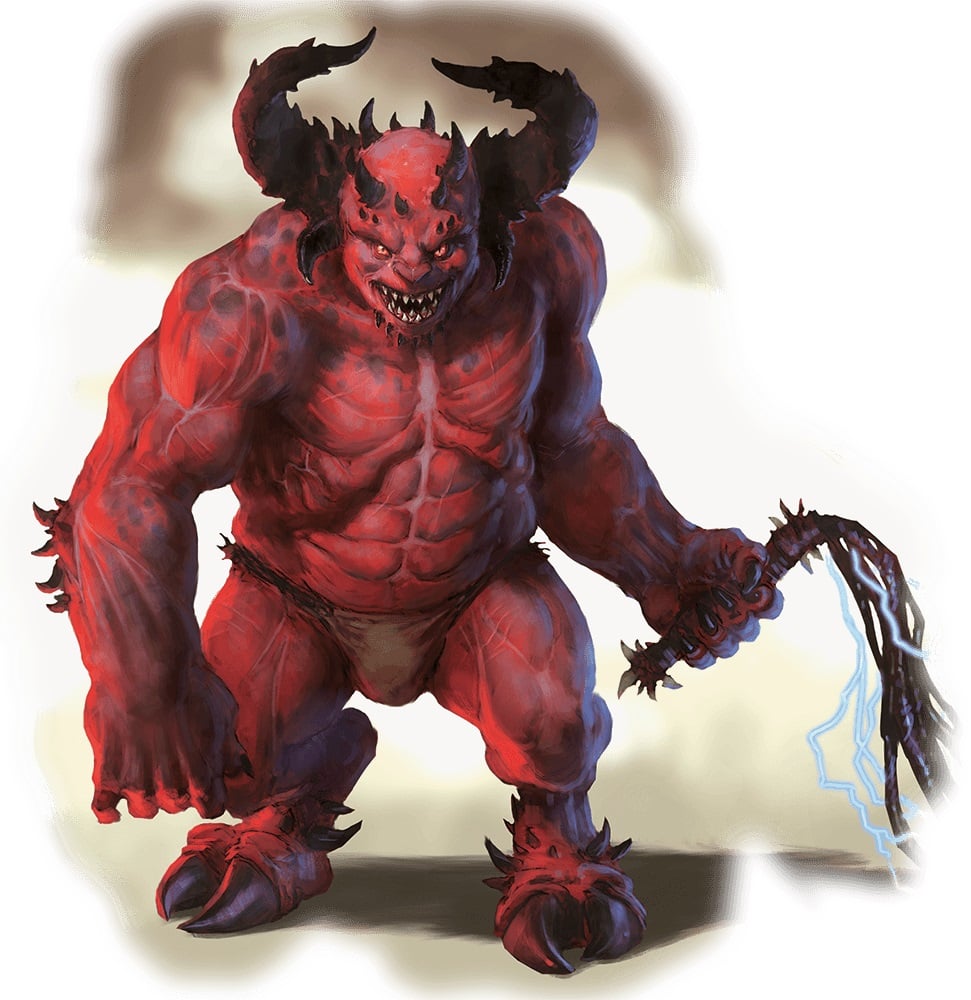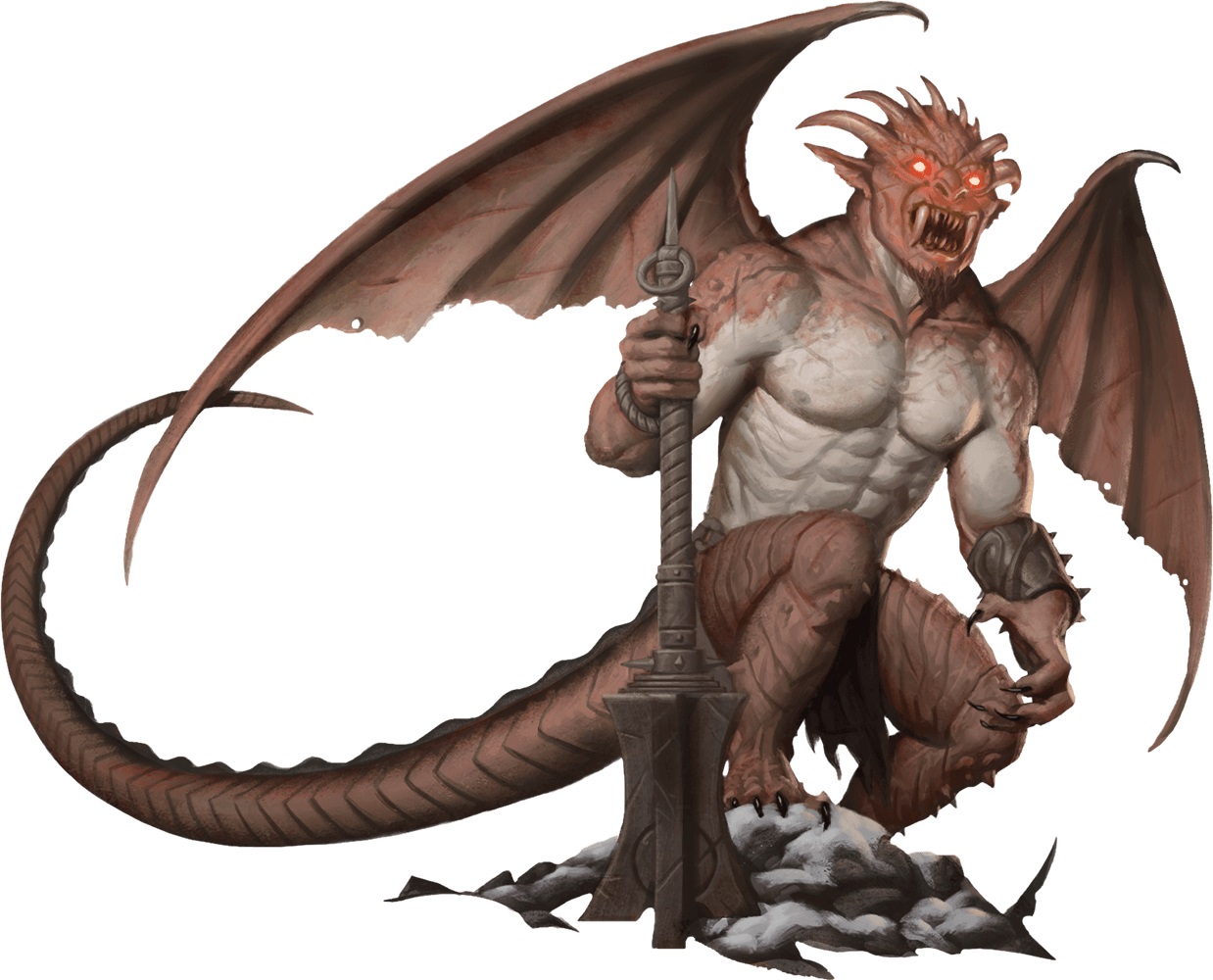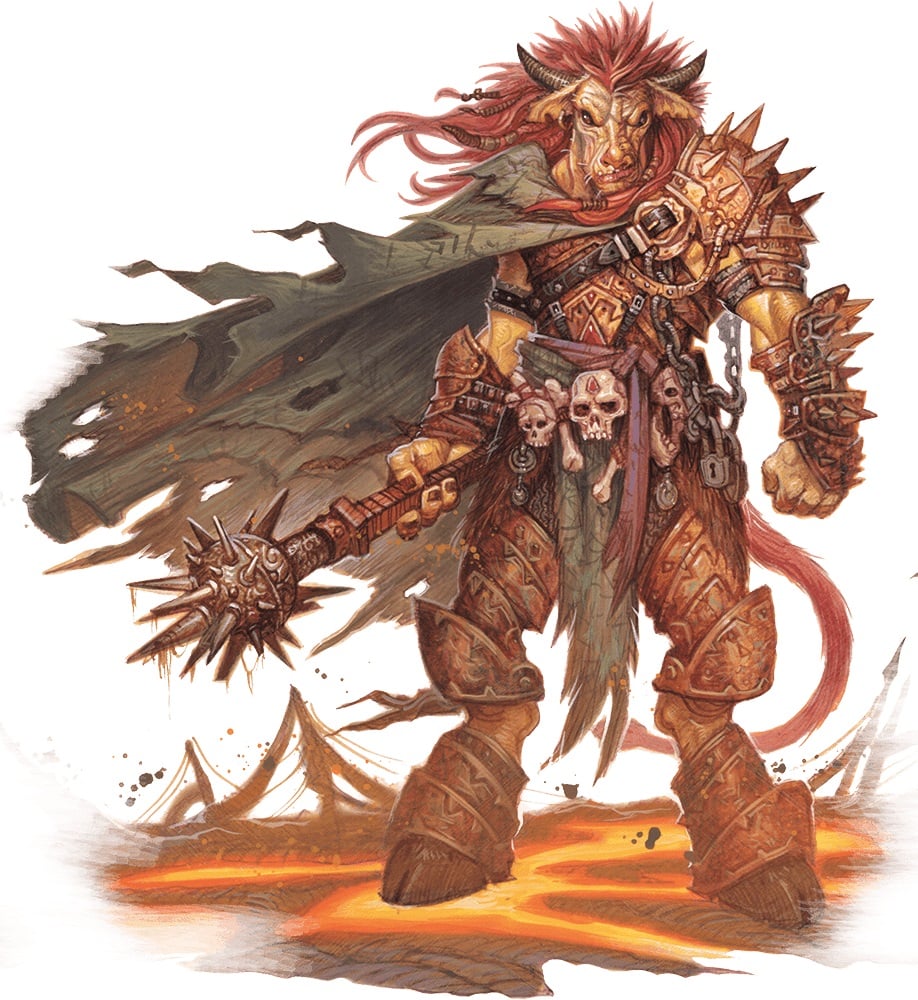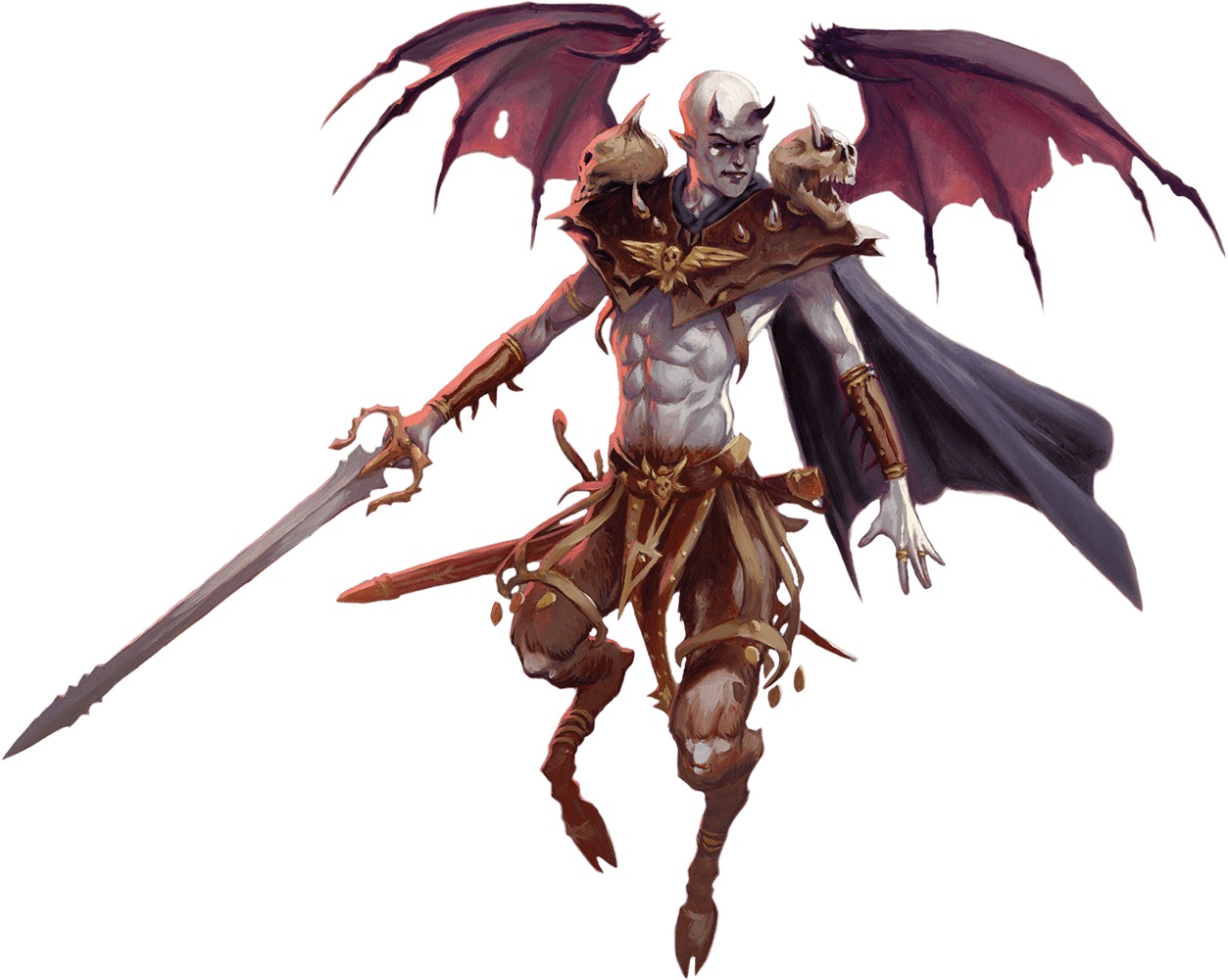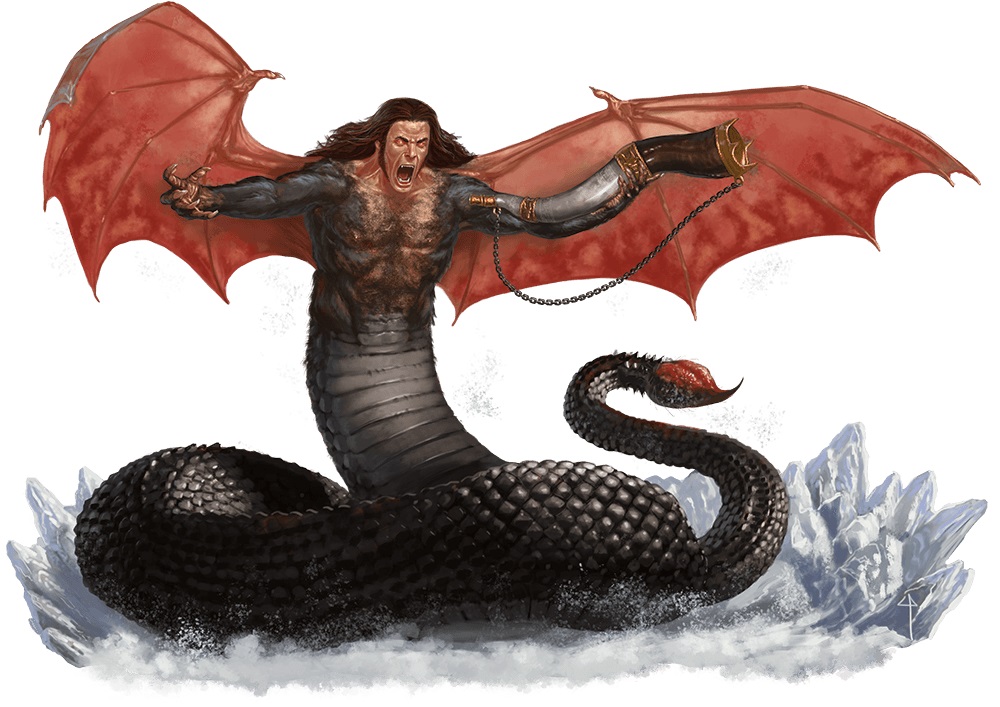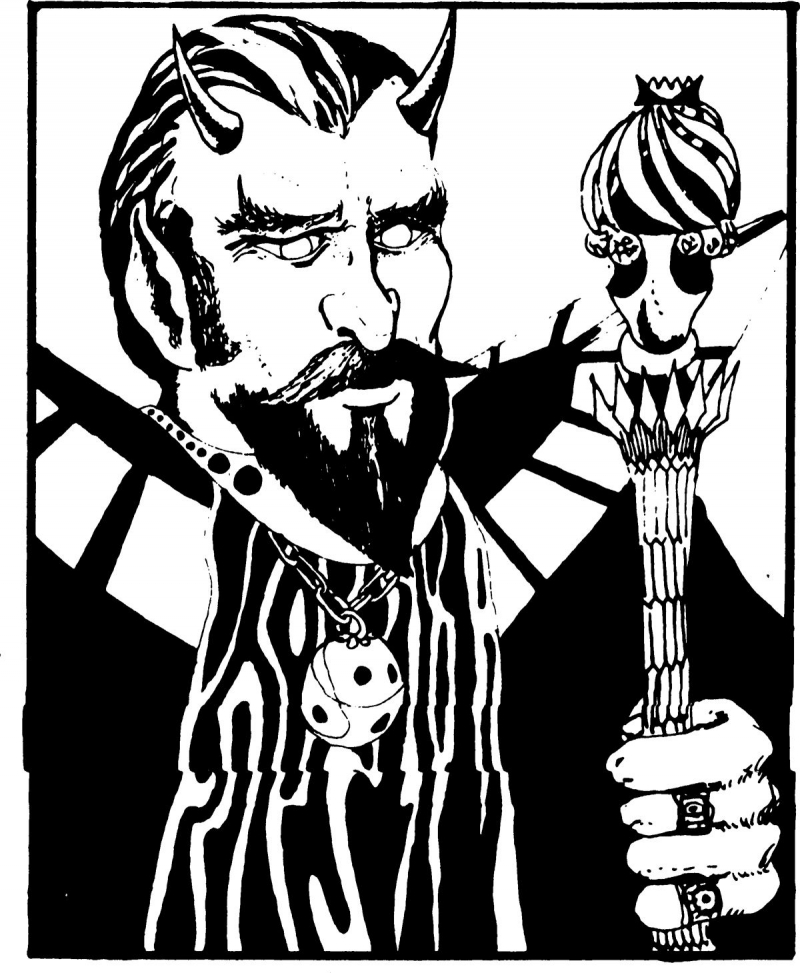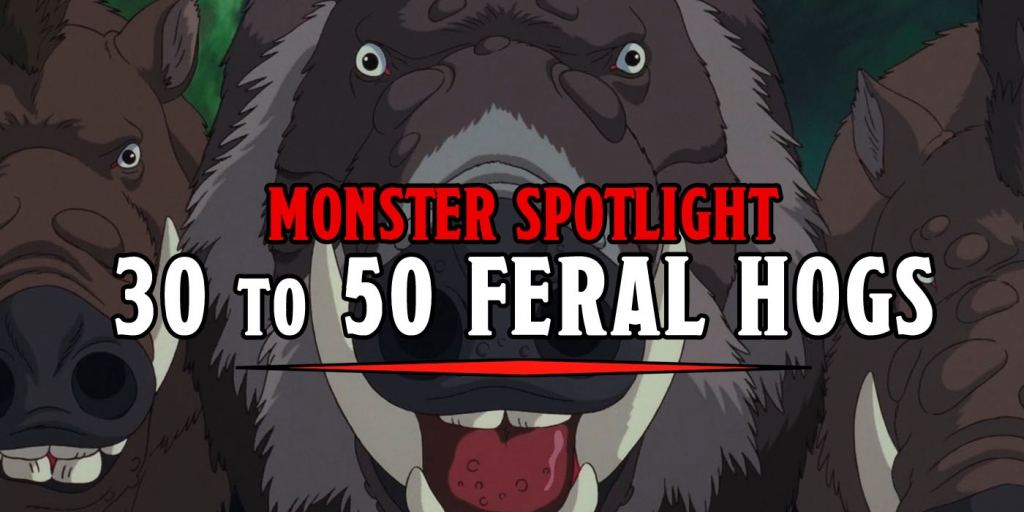D&D: The Best Of The Baddest – Archdevils And Their Servants
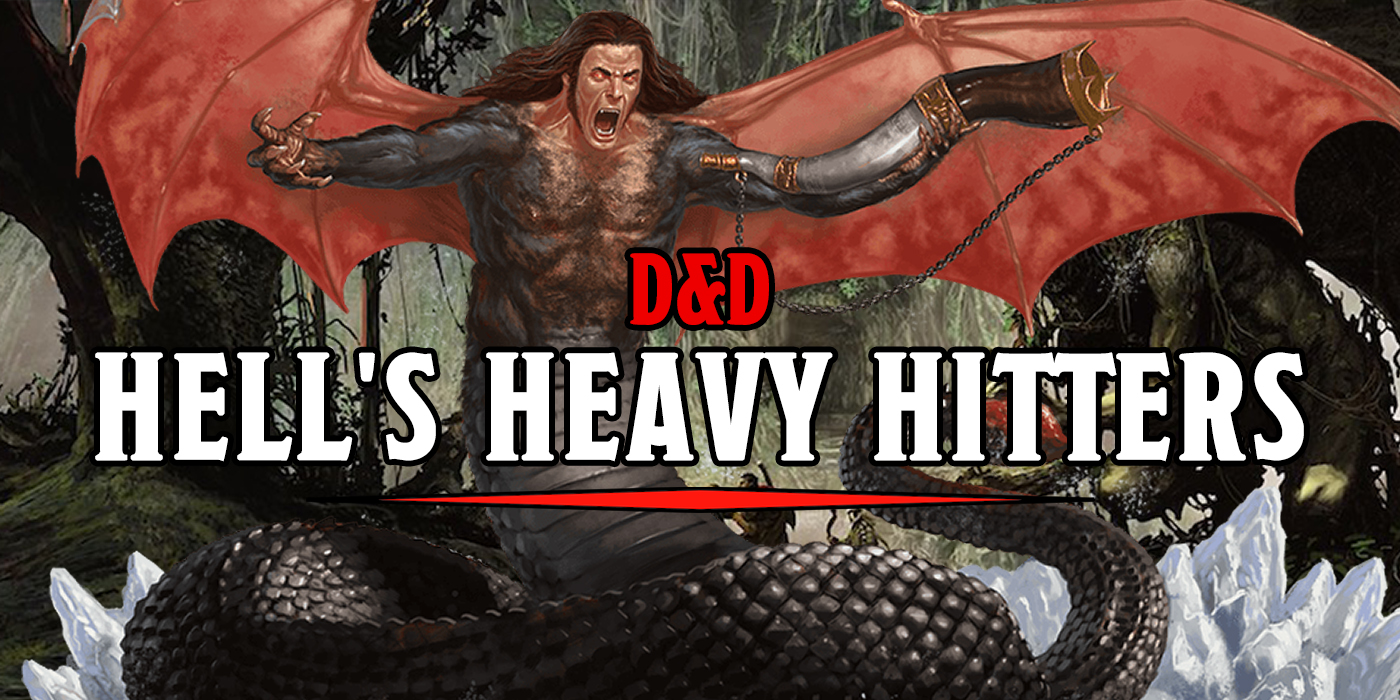
The Nine Hells are home to some of the most powerful devils in the Lower Planes. But how do they stack up with each other? Find out right here.
It’s time to grab a handbasket, folks, because D&D is going to hell–well, one of them at least, in the upcoming Baldur’s Gate: Descent into Avernus, which takes adventurers from the lofty rooms of Candlekeep into the depths of Avernus, the first layer of the Nine Hells. There they’ll tangle with all manner of infernal friends and fiends. But at the heart of it all is the fallen angel herself, Zariel. But Zariel is only one archduke of Hell…there are seven others, plus an infernal prince that rules over all others and a host of servants who are looking for any opportunity to become a master…
So today, we’re looking at how the devilish movers and shakers of Mordenkainen’s Tome of Foes stack up against one another.
Moloch
First up is one of the most iconic archdevils in D&D–and the only one to be exiled from the Nine Hells. You might recognize Moloch from the cover of the old 1st Edition Player’s Handbook, which features one of his many statues getting looted by a couple of hapless adventurers. We figure he and Zariel would get along, both of them being exiles for going against the wishes of their masters. Zariel defied the Celestial Council to invade the lower planes, and Moloch schemed against Asmodeus and got taken down like a chump. This exile with little to no power ranks at the bottom of our list.
Hutijin
Hutijin still holds power in the Nine Hells, being nearly as powerful as his archduke master, Mephistopheles, the original conjuring cat.
And Hutijin packs quite a wallop, weighing in at a heavy CR21 with some powerful poison attacks. But at the end of the day, Hutijin is still a subservient devil whose loyalty to Mephistopheles is admirable, but that ultimately keeps him from taking the top spot.
Bael
Bael is the Bronze General of Duke Mammon, and he cuts an interesting figure across the Hellscape. Bael is not a politically-minded devil, preferring instead the more honest conflict of unending battle. This is where Bael excels–the fiend is an excellent general and his acumen has kept Mammon on his throne in spite of the machinations of others–and yet, in spite of all this, Bael is also called the King of Hell by a small but incredibly gung-ho cult. And he’s also credited with giving the world the Invisibility spell. He and Zariel would probably get along quite well.
Titivilus
Titivilus has wormed his way to very near the top of the ranks. Where the other powerful fiends here have been content to hitch themselves to powerful lords and stay there, Titilvus is a schemer who has clawed his way to the top, becoming Dispater’s most treasured advisor. Wielding his power subtly, Titilvus has convinced his master that there are dozens if not hundreds of schemes and plots against him and that Asmodeus himself is out for Dispater’s head. Dispater in turn has given Titilvus the lion’s share of his responsibilities and has retreated from public life–leaving Titilvus the de facto ruler. This scheming worm is a powerful threat, not to be underestimated.
Geryon
Geryon is an archdevil of sorts. Locked in conflict for control of Stygia, Geryon is at war with Levistus (who is currently trapped in an icy tomb, courtesy of Asmodeus). As Geryon fights to control all of Stygia, his power grows–and of the devilish movers and shakers in Mordenkainen’s tome of foes, he’s definitely the most powerful. Though by no means does he compare to…
Asmodeus
Asmodeus is the undisputed master of the Nine Hells for a reason. Not to be trifled with, and with schemes within schemes, he’s one devil that belongs at the top of any list. He doesn’t have stats in any of the books for a reason–you don’t defeat Asmodeus, you just walk away, if you’re very lucky.
Happy Adventuring!

